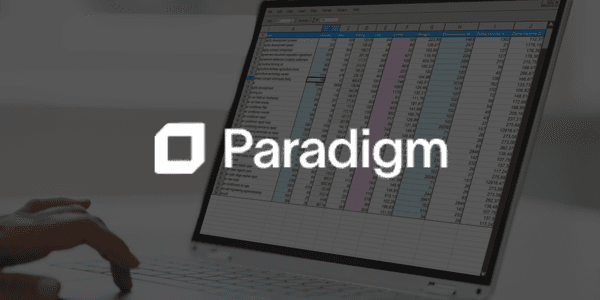Spreadsheets are getting a radical upgrade thanks to Paradigm, an AI startup that recently announced its public launch and raised $5 million in a funding round led by General Catalyst. In total, the company has now secured $7 million in funding to realize its ambitious product roadmap.
Breakthrough in spreadsheet automation
Paradigm was developed by founder Anna Monaco, who wanted to create a new way of working after years of frustration with manual CRM maintenance. The result: a platform where each cell and column functions as its own AI agent. These agents – more than 5,000 in total – can independently gather, process, and supplement information, eliminating repetitive tasks.
How does it work?
With Paradigm, you assign specific tasks to AI agents. Think of automatically enriching customer data, retrieving market reports, or tracking financial indicators. Each agent searches online for the right information and keeps your spreadsheet updated in real-time.
Users can switch between AI models from Anthropic, OpenAI, and Google Gemini, depending on their need for advanced reasoning or cost efficiency.
What can you do with it?
Sales & CRM: customer data automatically up-to-date without manual work.
Consultancy & Finance: current business and market data directly in your spreadsheet.
Operations & Research: outsourcing repetitive data processing to agents, allowing teams to focus on analysis and strategy.
Business impact and market position
Large organizations such as EY, Etched, and Cognition are already using Paradigm in their daily processes. Thanks to the usage-based subscription model, companies can easily scale as their data needs grow.
Paradigm operates in a competitive market where Google, Microsoft, and startups like Quadratic AI are developing features for spreadsheets. While competitors often enhance existing tools, Paradigm positions itself as a completely new workflow solution that just happens to have retained the familiar spreadsheet format.
Conclusion
With Paradigm, data entry transforms from a manual process into an automated workflow. The platform does not make spreadsheets smarter as a tool, but redefines them as a dynamic ecosystem of thousands of AI agents.

